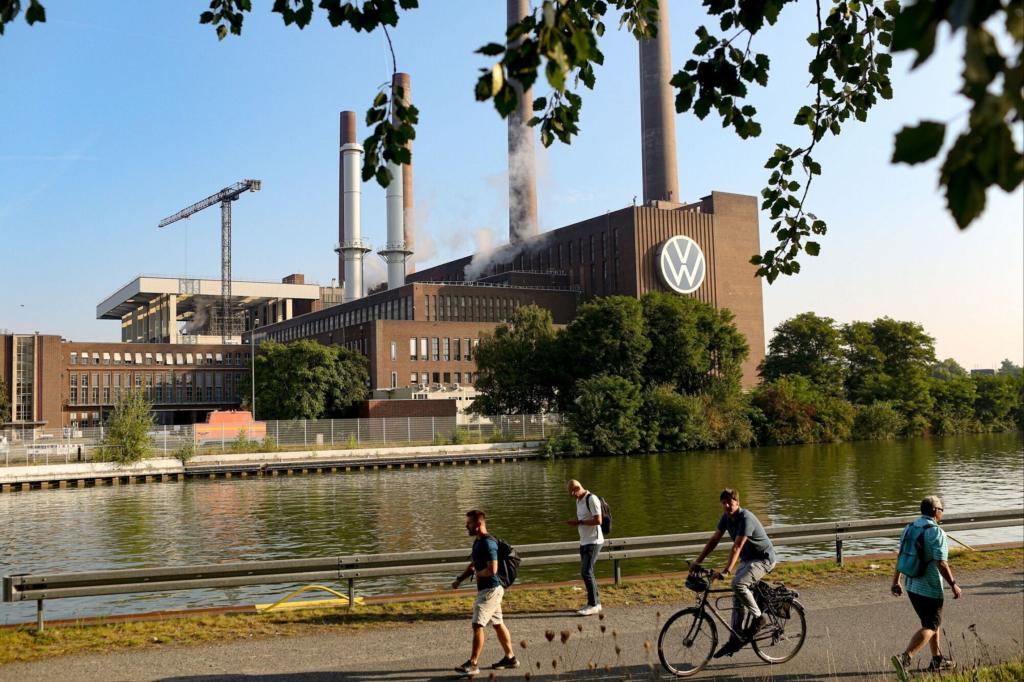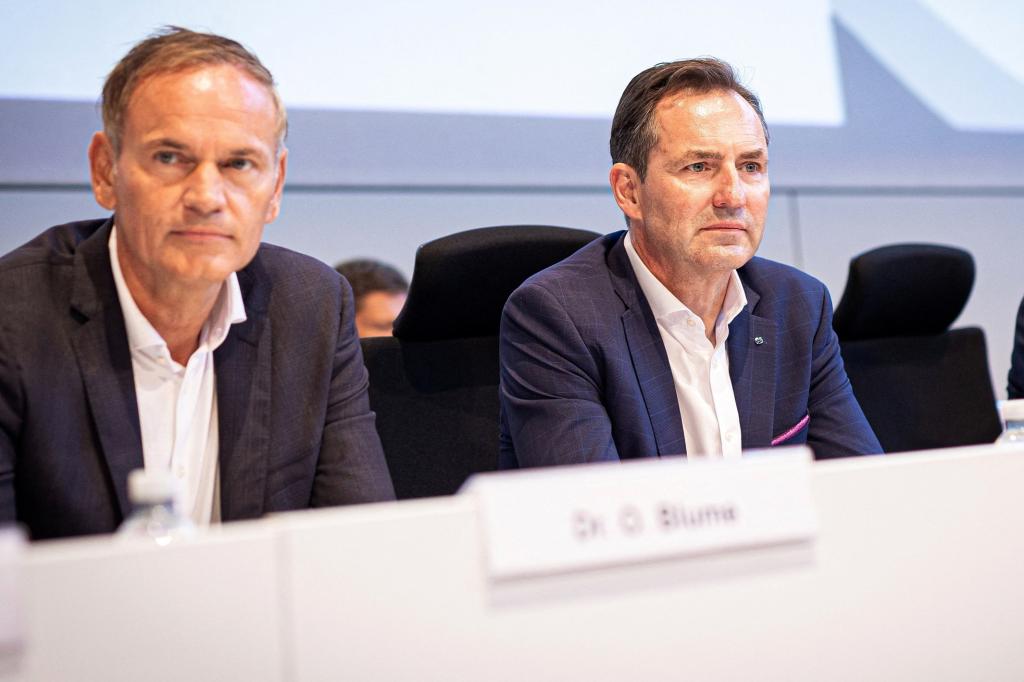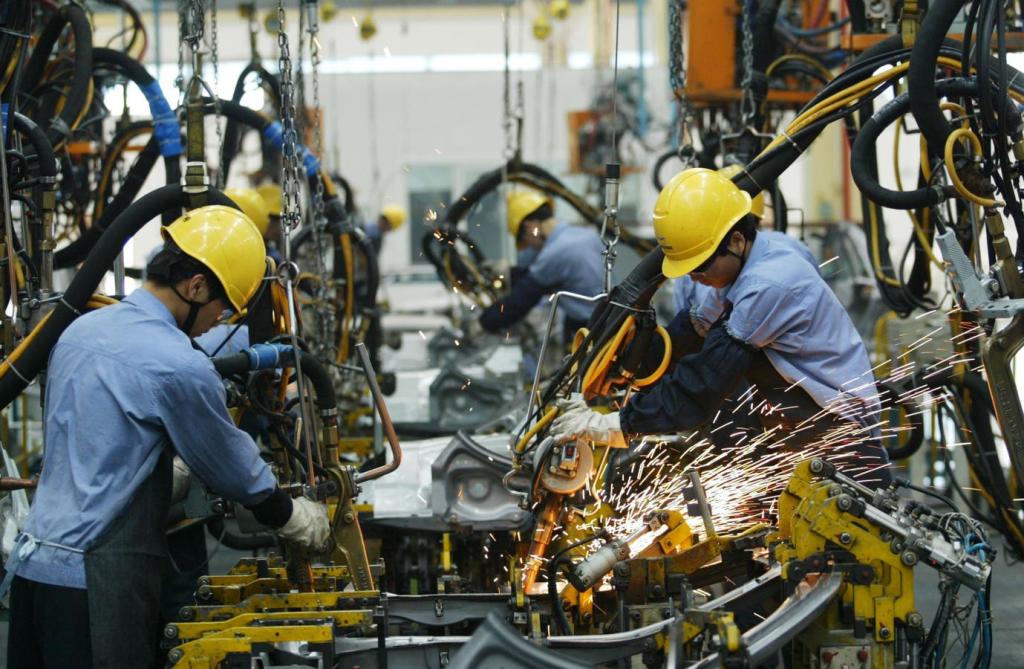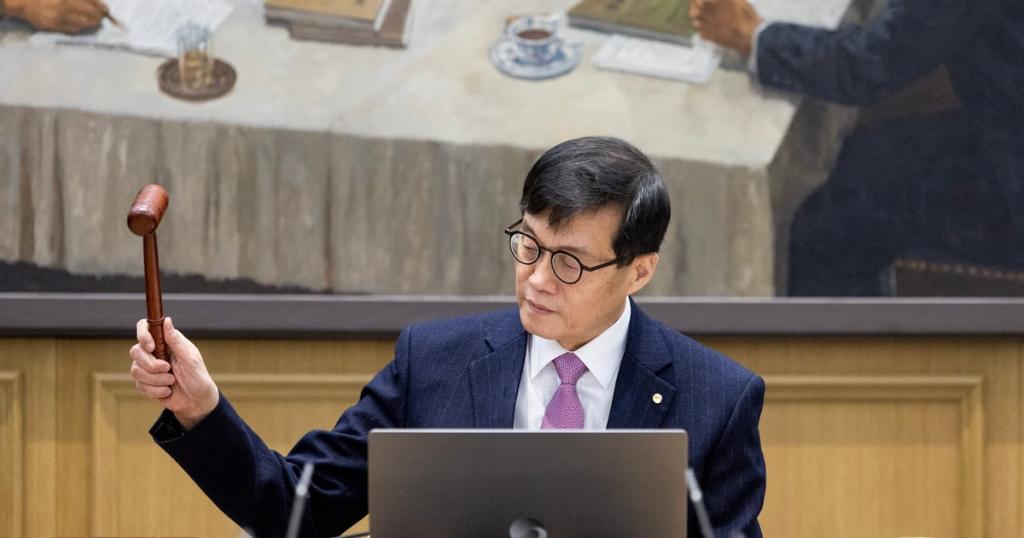Volkswagen Faces Factory Closures Amidst EV Market Struggles
Volkswagen navigates factory closures and labor tensions as it adapts to declining EV demand, aiming to redefine its future in the automotive industry.

Key Points
- Volkswagen
is facing potential factory closures in Germany due to declining EV demand and increasing competition, marking a historic turning point for the company.
- Labor tensions are escalating as unions oppose job cuts, arguing that management failures are the root cause of the company's struggles.
- The company must balance cost-cutting measures with essential investments in electric vehicle technology to secure its future in the evolving automotive market.
The automotive industry is undergoing a seismic shift, and few companies are feeling the pressure more than Volkswagen. Recently, the German auto giant announced plans that could alter the landscape of its operations in Germany permanently. With a workforce brimming with concern and a market that is evolving rapidly, Volkswagen must adapt to survive. This blog will explore the implications of these changes, the challenges Volkswagen faces, and the future of the automotive ecosystem.
The Context of Transformation
Volkswagen's leadership is dangerously aware that the company is at a pivotal moment. During a heated assembly attended by approximately 25,000 employees, CEO
and CFO
outlined the company's struggles amidst declining demand for electric vehicles (EVs) and increasing competition from emerging brands, particularly in China. Antlitz reported a staggering cut of around 500,000 vehicles per year from their production targets, which is equivalent to the output of two factories. This decline is largely due to the challenging European market post-
, where annual sales figures remain bleak compared to pre-pandemic levels.

Labor and Management: A Delicate Balance
The potential closure of factories marks a historic moment for Volkswagen, as it would be the first time in 87 years that operations in Germany might shut down. This has stirred significant unrest among workers, evident in the protests with slogans echoing through the hallways of their headquarters. Union representative
criticized the management's strategy, stating that the issues facing the company stem from poor leadership and not the workforce. Her insistence that “the workforce should not bear the burden of management’s failures” showcases the tension brewing between employees and executives.
The opposition from labor unions highlights the crucial role that effective workforce management plays in a crisis. Historically, Volkswagen has fostered a strong relationship with unions; hence, this confrontation could set a precedent for how major companies interact with their employees during transformative periods.
The Bigger Picture of Electric Vehicle Transition
Shifting to electric vehicles is a Herculean task that many traditional automakers must tackle. With global consumer preferences rapidly shifting, Volkswagen faces a dwindling market share, particularly in China's competitive EV landscape, where brands like BYD are making significant inroads. The urgency is palpable when Blume states, “There are no more checks coming from China," noting the shrinking profits from their largest market. This desire to cut costs reflects a broader industry trend where automakers are pushed to reevaluate their production strategies, often opting for profitability over volume.

Navigating the Future
As Volkswagen grapples with these challenging realities, the question of future employment looms large. The abolition of a job security agreement instituted in 1994 adds to the tension, as it opens the door to downsizing amidst a backdrop of rising unemployment in the German automotive sector. Placing greater emphasis on developing EV capabilities while managing costs is essential for Volkswagen if it aims to reclaim its leadership position in the automotive market.
Vigilance is necessary as the company treads this precarious path. Analysts suggest that while some factory closures may serve as a short-term remedy, they must simultaneously invest in electric technologies to ensure long-term sustainability. The challenge remains: how to retain their labor force while pivoting to new production methodologies that align with market demands.
In summary, Volkswagen stands at a crucial crossroads where the decisions made today will shape its future. With pressure mounting from consumer expectations, a volatile market, and adamant unions, the path forward is anything but clear. Volkswagen must balance cost-cutting with maintaining a viable workforce while pushing toward an exciting, albeit challenging, electric future. As the automotive industry continues to evolve, one thing is certain: adaptability will determine success in this new era.


